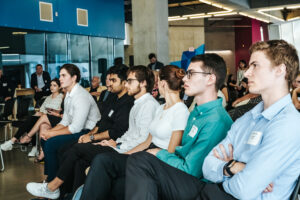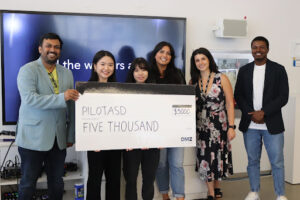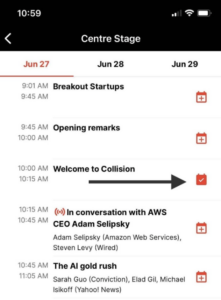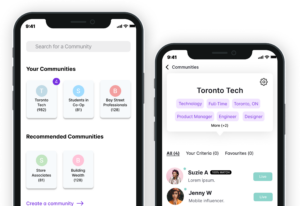Out of hundreds of applications from around the world, we’ve hand-selected 13 tech startups to join us for the next 18 months.
Some highlights of this cohort include:
- Representation from diverse verticals: FinTech, EnterpriseTech, GovTech, Smart Automation and more
- More than 30% of companies are women-founded and over 30% Black-founded
- AI-enabled technology comprises over half of this cohort
- Startups from Peru, Nigeria, Iran, India, the United Kingdom, Italy and Canada
- A new selection process called Deep Dive sessions – where subject-matter experts undergo rigorous assessments with startup founders to evaluate each company’s focal areas, ensuring top-tier selection.
Throughout the program, startups will receive comprehensive support to execute their go-to-market strategy, acquire lighthouse customers, gain media exposure, explore global expansion, prepare for the next round of funding and much more. DMZ will be with them every step of the way, giving them hands-on coaching, access to our world-class community, professional services, business savings and more.
Just when we thought we had seen the best of the best, our newest cohort has seriously raised the bar, leaving us in awe of their track records and potential.
Keep reading and join us in extending a big DMZ welcome to Cohort 6!
![]()
On a mission to make quality cleaning services more accessible, Cleanster connects property managers and homeowners with professional cleaners. Their solution matches users with locally vetted service providers to clean their spaces at an affordable price and integrates with leading property management software for users to manage their property care operations.

Flowjin is an AI-powered tool that empowers content creators and businesses with the tools to drive social media growth. With Flowjin, users can easily identify high-performing content and quickly create customizable clips for social media, ensuring users maximize content and save time.

Handy.ai is an intelligent SaaS platform that provides AI-powered virtual specialists to drive customer and employee success. Offering tailored solutions to clients, Handy.ai can be leveraged for customer success, employee engagement and partner success.

HILO is at the forefront of revolutionizing Customer Experience (CX) in buildings with a one-stop, user-configured, personalized, and AI-enabled platform to improve and simplify people’s lives where they work and live. HILO empowers building operators to retain current tenants, attract new ones and streamline operations.

Loopify360 is an all-in-one marketing and sales hub for small and medium-sized enterprises, offering a range of solutions and tools designed to find and retain customers. Their AI-powered marketing platform provides tailored solutions, delivering optimal return on investment.
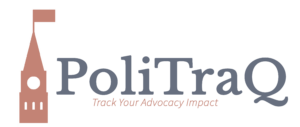
PoliTraQ combines stakeholder profiles, meeting notes and briefing materials into a single, all-in-one advocacy management system. Their solution helps public affairs professionals implement and manage advocacy campaigns, monitor legislation and track advocacy impact.

ReInvestWealth offers a cost-effective solution for small business accounting needs. Their professionally trained AI accountant provides daily bookkeeping and expert financial advice, addressing common pain points like slow processing and overlooked tax refunds.

ShipVista streamlines multi-channel order management and fulfillment for online retailers. By offering real-time carrier rates, automated label printing, and integration with multiple carriers, it saves time and money while enhancing sales.
![]()
Sugar Security makes advanced cybersecurity testing easy and affordable for small to mid-sized businesses. Through their cloud-based software, Sugar Security empowers businesses to identify security vulnerabilities in their organizations through enhanced vulnerability scanning.
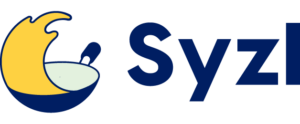
Syzl is revolutionizing the food industry by transforming idle commercial kitchens into bustling hubs for culinary entrepreneurs. Their platform enables food makers to find compliant, safe and flexible workspaces and empowers kitchen owners to leverage unused stations to earn extra revenue.

VidBoard simplifies video production by creating AI-enabled avatar models. Their platform offers a cost-effective and scalable solution, eliminating the need for studio visits, multiple professionals, equipment and third-party costs.

Zagitas serves as a digital assistant in the office. Their solution automates manual business processes through the integration of AI, robotic process automation, chatbots and business intelligence technologies.
Want to join the next cohort of changemakers? DMZ is now accepting applications for its March 2024 cohort. Apply here.








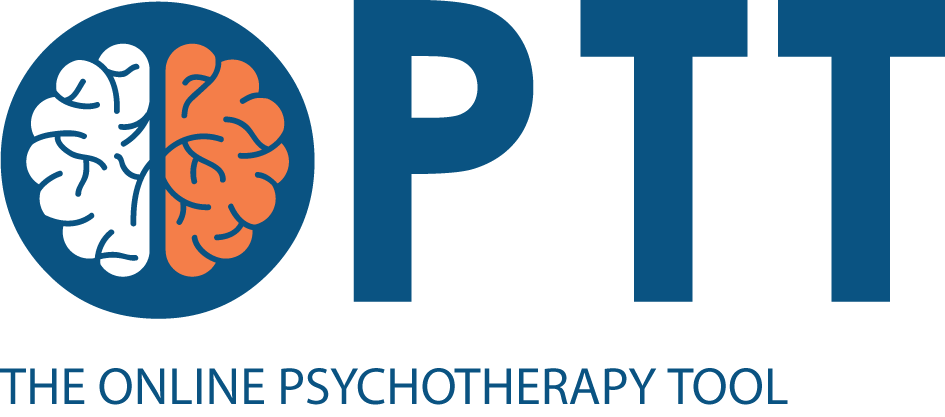
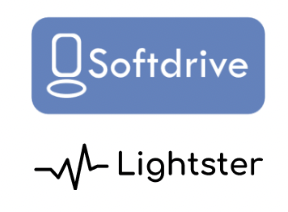
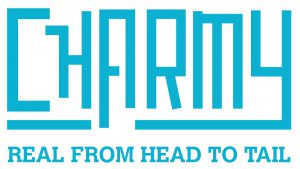
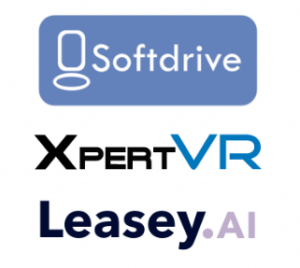
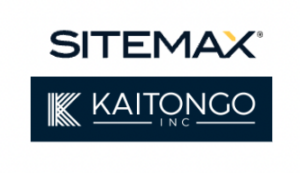 Sitemax
Sitemax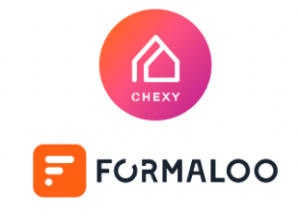 Chexy
Chexy
